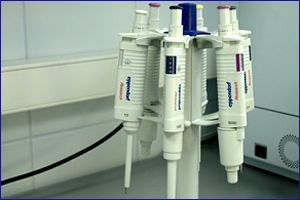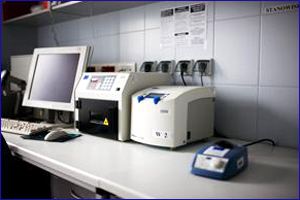DNA Database Unit
The Unit is responsible for profiling and collection of genetic profiles in DNA Database and processing of these for the needs of law enforcement and justice system.
Other important areas covered by this Unit include the following:
- to improve competence in scope of collection, profiling and processing of DNA profiles in the database by becoming familiarized with professional literature and binding legal regulations, participation in conferences, symposia, seminars, trainings and discussions;
- to co-operate with foreign institutes in scope of DNA databases;
- to initiate and carry out research, implementation and adaptation activities with consideration to DNA Database;
- involvement in improving the Quality Management System.
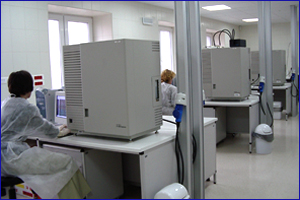
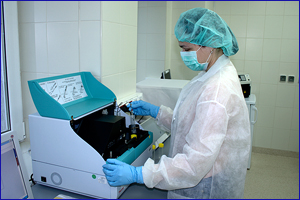
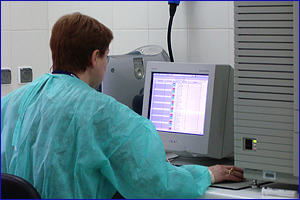
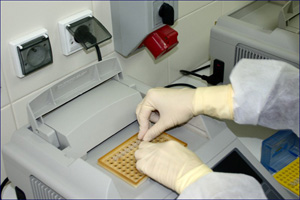
The leading task is executed in two subunits. The first one deals with laboratory work, consisting in the extraction and profiling of biological material collected from persons or dead corpses for detection or identification purposes. DNA analysis of this material is carried out in line with the European and global standards, with application of multiplex STR systems and state-of-the-art instrumentation.
The activity of the other subunit is focused on the introduction of genetic profiles to DNA database, performing searches against the database profiles and providing information to law enforcement and justice system (e.g. Police, prosecutors, courts, Border Guard, Military Police, State Security Agency) on positive search results. Collections contained in the database conform to relevant provisions laid down in Personal Data Protection Law.
CODIS
CODIS (Combined DNA Index System) is an IT system developed by FBI and aimed at collection and automated search of DNA profiles. It is used as a search engine in the U.S. DNA database, and databases in more than 26 countries worldwide, including Poland.
CODIS is a flexible system, allowing for developing network and fulfilling the requirements of international DNA data exchange.
The following DNA profiles are stored and processed in the database:
- of individuals as laid out in Articles 74 and 192a of the code of penal proceeding, i.e. accused, charged, suspects and other persons, in relation to whom there were no premises for removal from case files and destruction of evidential material collected from these persons;
- of unknown individuals or persons trying to conceal their identity;
- of unknown dead corpses;
- of unknown stains collected at crime scenes, whose origin cannot be ascribed to a particular person.
The functioning of DNA database is regulated by appropriate national legal instruments and provisions, such as the Police Act, Code of Penal Proceedings, Data Protection Act.
Within the framework of international co-operation, experts of the Unit participate in ENFSI Expert Working Groups, the EU and Interpol meetings which aim at standardization of DNA analytical results as well as intensification and improving of international DNA data exchange.
